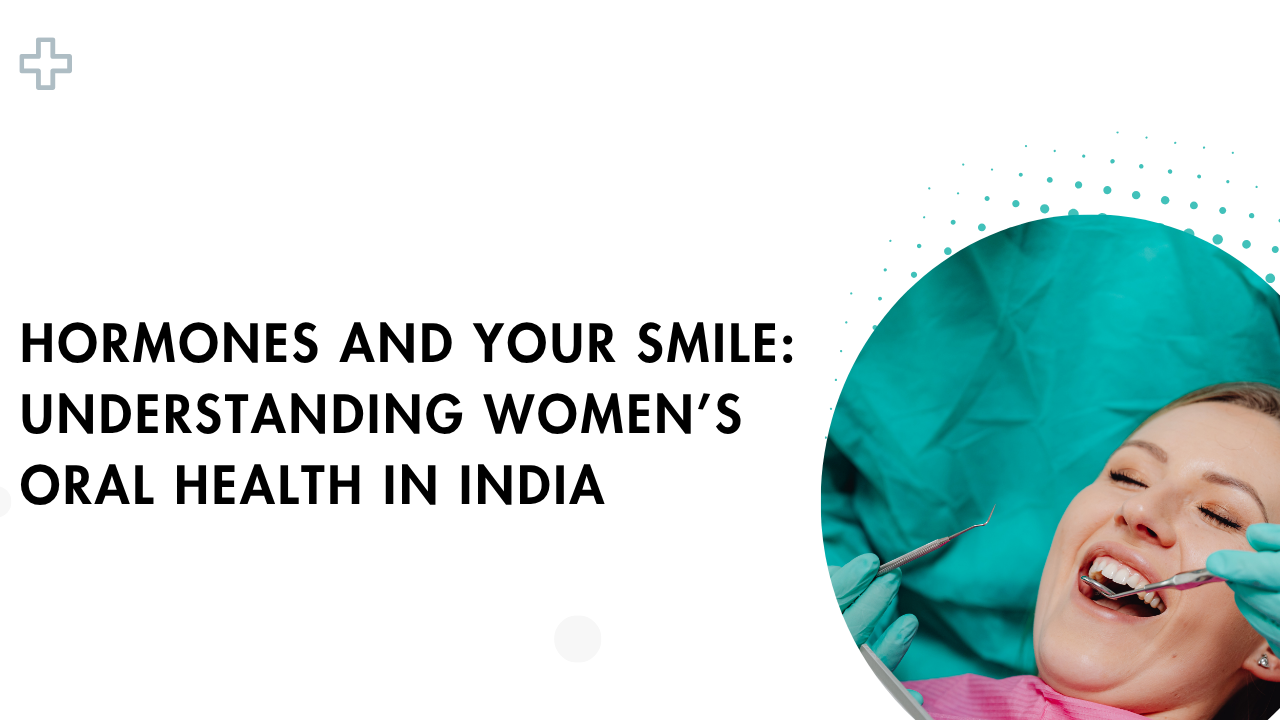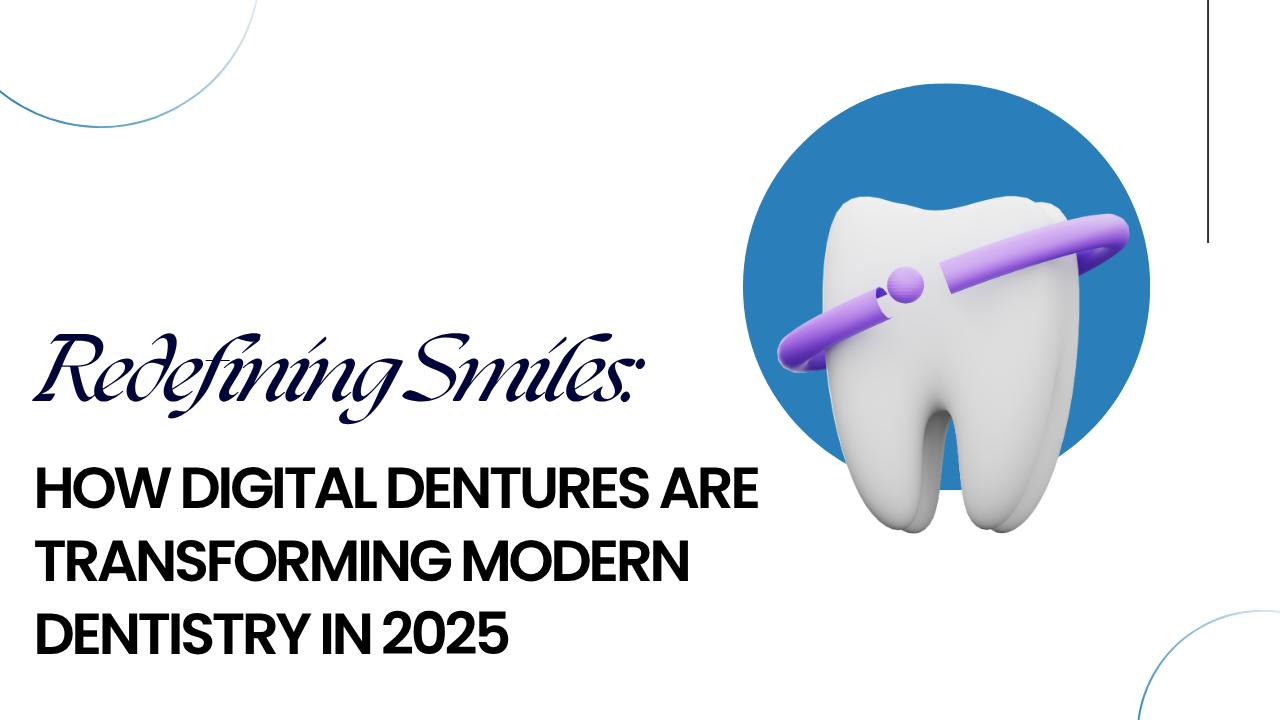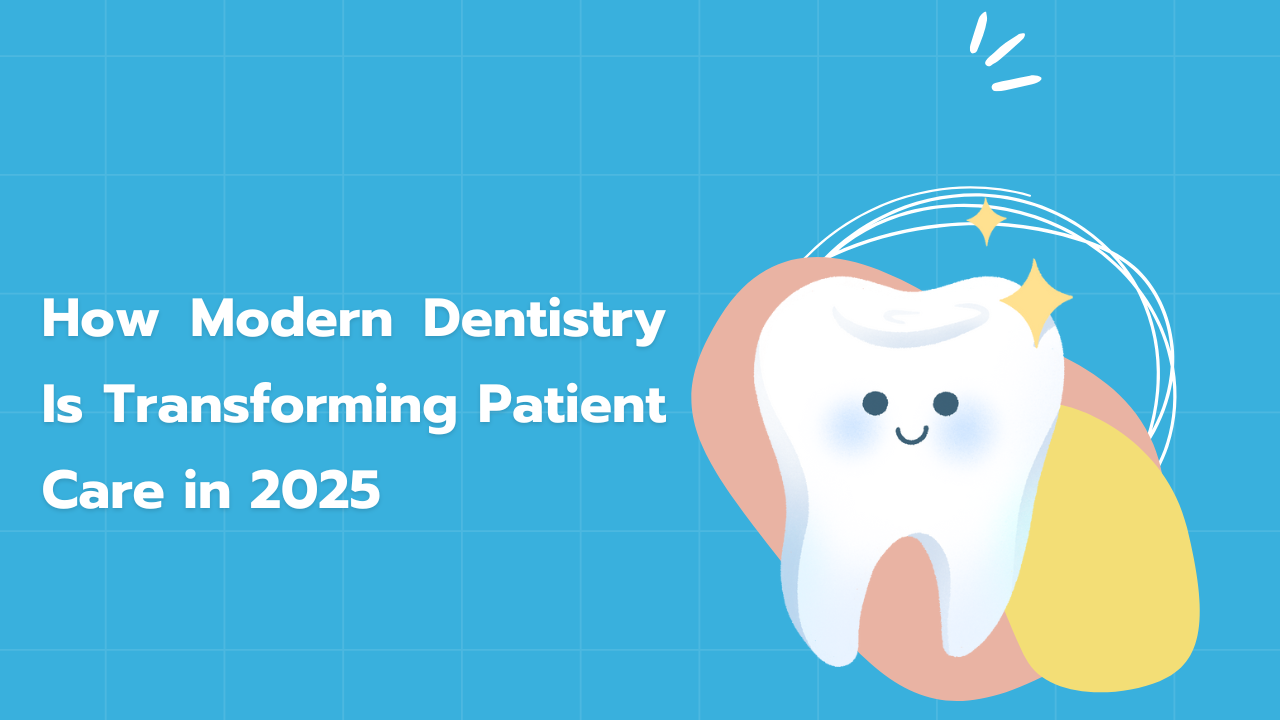Have you ever enjoyed a plate of biryani or savored warm jalebi dripping with syrup and wondered how it affects your teeth? Probably not. Most of us focus on taste, comfort, and celebration, rarely considering how our food choices impact our smile.
That’s exactly what we’re discussing today: the link between the Indian diet and oral health. Don’t worry—I’m not suggesting you give up your favorite foods. Instead, let’s explore how your everyday meals can either support or challenge your teeth, and how you can find a balance that keeps your smile healthy without sacrificing tradition.
Why Food and Teeth Are More Connected Than You Might Think
Here’s the thing—your mouth is the first place every bite of food encounters. Before your stomach or body processes it, your teeth and gums are already interacting with that food. Sugary treats, crunchy vegetables, and creamy yogurt—all leave behind residues that influence your enamel, saliva, and even the bacteria living in your mouth.
So, when people say “you are what you eat,” it’s just as true to say “your smile reflects what you eat.”
The Sweet Side of Our Culture (and Its Impact on Teeth)
Let’s be honest. In India, food and celebration are inextricably linked. Birthdays, weddings, festivals—what’s always present? Sweets. From gulab jamun to rasgulla, payasam to peda, it’s hard to imagine an Indian gathering without them.
But here’s the catch: sugar doesn’t just taste sweet—it feeds the bacteria in your mouth. These bacteria produce acid, which attacks your enamel. If you frequently snack on sweets, your teeth face repeated acid attacks throughout the day.
Does this mean you should stop eating mithai? Definitely not. The key is moderation. Enjoy sweets as part of meals rather than constant snacking, rinse your mouth with water afterward, and never skip brushing at night. This way, your mouth gets a chance to recover.
That’s the balance I’m talking about—you don’t have to give up what you love, just be smarter about sugar.
The Hidden Superfoods Already in Your Indian Diet
Here’s the good news: the Indian diet that includes sugary treats also offers some of the best natural protectors for oral health. Let me explain:
- Milk, curd, and paneer: High in calcium, they help rebuild and strengthen enamel.
- Crunchy vegetables and fruits: Items like cucumbers, apples, and guavas act like natural toothbrushes, cleaning teeth as you chew.
- Common spices: Turmeric reduces inflammation, clove supports gum health, and fennel seeds freshen breath after meals.
- Nuts and seeds: Almonds, sesame, and flaxseed are rich in minerals and beneficial for gums.
- Tea: Both green and black tea contain natural compounds that combat bacteria.
Viewed from this perspective, the Indian kitchen is almost like a natural pharmacy for dental health.
Timeless Traditions That Still Work
Our grandparents had unique ways of caring for their teeth, and many of those methods remain effective today.
- Neem Sticks: Used as natural toothbrushes, they have antibacterial properties and work well.
- Oil Pulling: Swishing coconut or sesame oil might seem old-fashioned, but it helps reduce bacteria and freshens breath.
- Tongue Scraping: This simple practice cleans the tongue and helps combat bad breath.
I’m not suggesting you replace your toothbrush with a neem stick entirely. Modern toothpaste and professional dental care are still important. But blending ancient wisdom with modern science offers the best results.
The Often Overlooked Role of Vitamin D
Here’s something you might not consider often: Vitamin D. Despite abundant sunlight in India, many people are deficient because they spend most of their time indoors. Why is this important for your teeth?
Vitamin D aids calcium absorption. Without enough of it, your enamel and gums can weaken, regardless of how much dairy you eat. So, taking a short walk in the morning sun or eating fortified foods can provide your smile with an invisible layer of protection.
How Modern Habits Work Against Us
Be honest—how frequently do you grab packaged snacks or fizzy drinks? They’re convenient and quick, but these modern options are packed with sugar and acids. Chips stick to your teeth, colas erode enamel, and before long, you find yourself booking a dental appointment.
Even staying hydrated is often neglected. Drinking enough water throughout the day helps keep your mouth clean and fresh by washing away food particles and balancing acidity. It’s simple, free, and more effective than many realize.
Prevention: The Smarter and More Affordable Approach
Most people in India visit the dentist only when they experience pain. By then, the damage is usually more severe and costly to repair. Prevention is always less expensive, easier, and far less stressful.
Brushing twice daily, flossing or rinsing, making thoughtful food choices, and seeing your dentist every six months—these small habits protect you from painful and costly treatments later. Think of it as insurance for your smile.
Let’s Create a Simple Routine Together
Here’s an easy, Indian-friendly oral care routine:
- Morning: Brush with fluoride toothpaste, scrape your tongue, and rinse.
- Meals: Include dairy, vegetables, and fresh fruits; reserve sweets for special occasions.
- Snacks: Replace sugary drinks with water or unsweetened tea.
- Night: Brush again before bed—no exceptions.
- Weekly Extras: Try oil pulling or use a neem-based rinse for added care.
- Twice a Year: Schedule a dental check-up.
Sounds manageable, doesn’t it?
A Greater Connection You May Overlook
Oral health involves more than just your teeth. Your gums, tongue, and entire mouth are closely linked to your overall well-being. Gum disease is associated with conditions like diabetes, heart problems, and bodily inflammation. Therefore, caring for your teeth means safeguarding not only your smile but your whole body.
Summary of Our Discussion
Here’s what we’ve learned together:
- The Indian diet has a strong impact on oral health.
- Sugary and sticky foods pose challenges to your teeth, while traditional items such as dairy, fruits, and spices help protect them.
- Ancient oral care methods remain valuable but are most effective when combined with modern dental practices.
- Simple daily routines—like brushing, rinsing, and mindful eating—make a significant difference.
- Prevention is key to saving money, time, and maintaining your smile.
Your food choices can either support or harm your oral health. It’s not about strict limitations but finding balance. So next time you enjoy a samosa or a cup of chai, remember your smile is part of the experience too.




